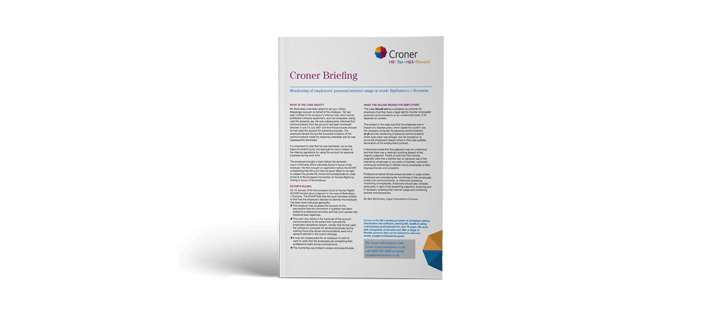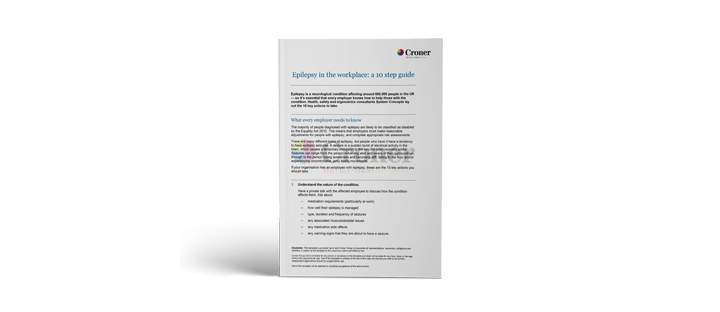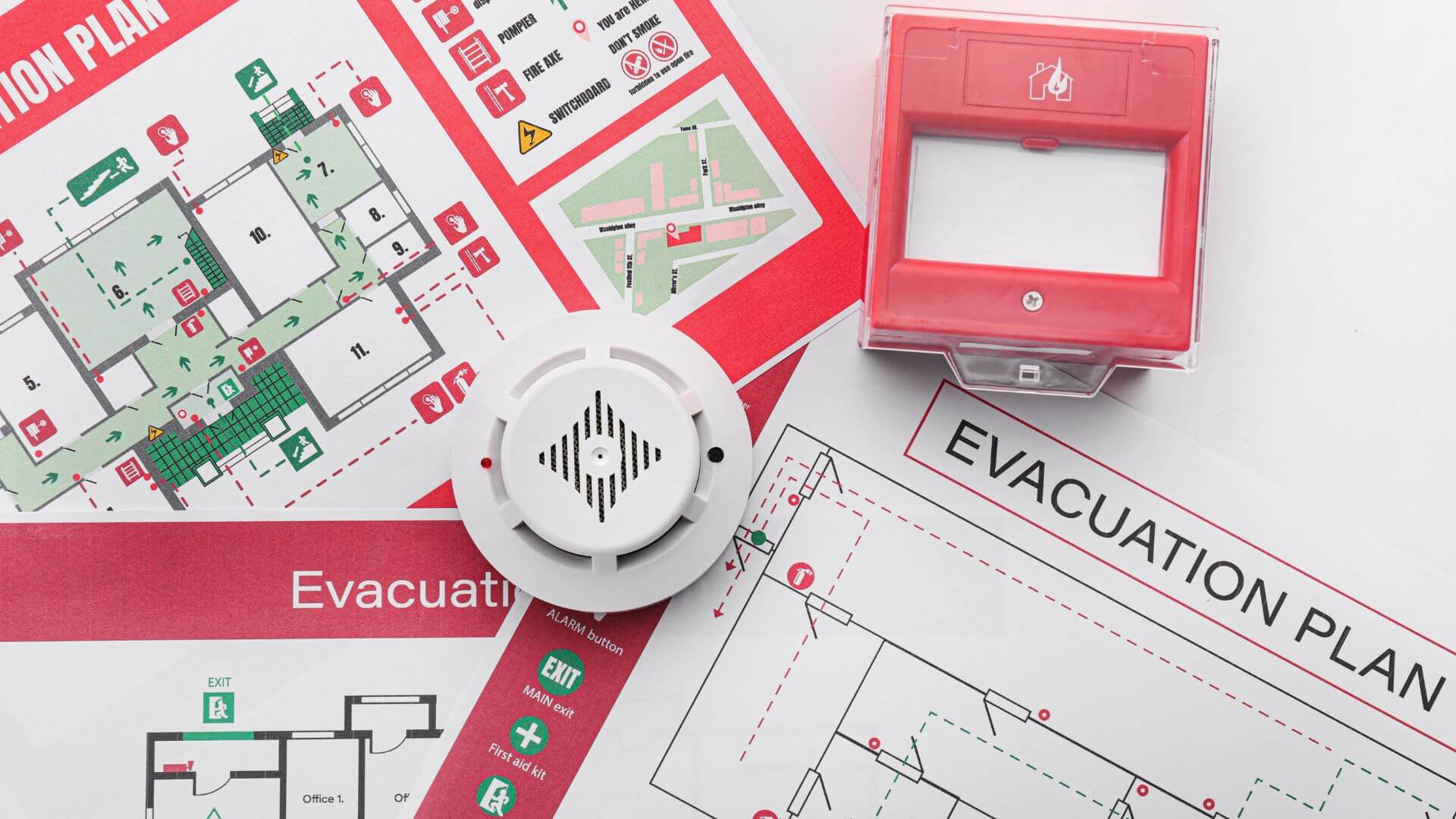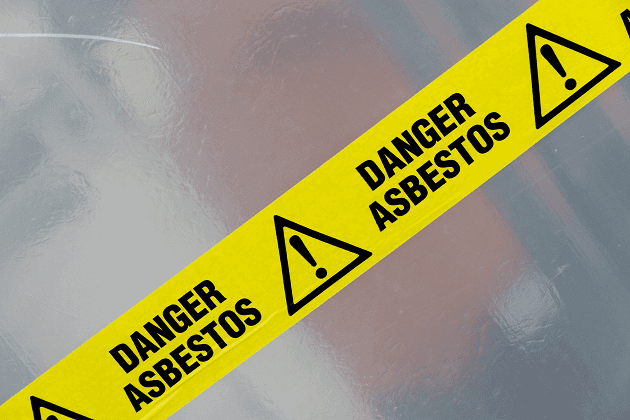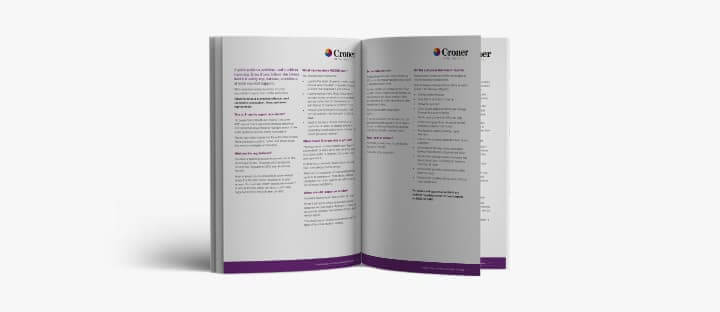It doesn’t matter how big or small your business is—you’ll have health & safety requirements. Managing risks is easier for some organisations than others, but there are certain issues that all employers will face.
Managing health and safety
The main authority on the management of health & safety at work is the Health and Safety Executive (HSE).
They suggest a ‘Plan, Do, Check, Act’ approach. This works as follows:
Plan: Identify the risks in your business and plan how to manage each risk.
Do: Prioritise and control your risks. Consult with employees, and provide training and appropriate information.
Check: Measure the impact of your management systems and continually assess risks.
Act: Learn from your measurements and experiences.
RIDDOR
One of the main pieces of legislation you need to be aware of when managing health & safety is the Reporting of Injuries, Diseases and Dangerous Occurrences Regulations 2013 (RIDDOR).
This puts the onus on you, the employer, to report certain serious dangerous occurrences and specific diseases.
Under RIDDOR, you must report:
- The death of any person arising from a work-related accident
- Specified injuries to workers
- Over-seven-day incapacitation of a worker
- Non-fatal accidents to non-workers
- Occupational diseases
- Dangerous occurrences
- Gas incidents
Health & safety risks
Every workplace has its hazards. A hazard is anything that might hurt you, either physically or mentally. Some are obvious, some aren’t. As an employer, you have a legal responsibility to look provide a safe working environment and protect them against hazards at work.
Here are some of the most common hazards employees face:
Slips and trips
These are the most common cause of injury at work. As with most hazards, you should conduct a risk assessment and identify sensible control measures. Such controls include using doormats to stop rainwater from being tracked in and managing spills effectively.
Display screen equipment (DSE)
A huge number of workers use computers in the UK. Regulations apply if workers use DSE for an hour or more at a time as part of their role. For these individuals, you must conduct a workstation assessment, provide an eye test if a worker asks for one, and provide appropriate training and information.
Manual handling
This is responsible for over a third of all workplace injuries. Improper manual handling can cause musculoskeletal disorders or result in serious workplace accidents. For anyone undertaking manual handling as part of their role, you must provide training and relevant information.
Lone working
Although they may be at lesser risk, there are still areas to consider when employing lone workers. Issues include violence, manual handling, and medical suitability for the role. You should also consider how to keep in touch with the lone worker in cases of emergency.
Other
There are other areas you need to be wary of too. These include:
- Electrical safety
- Gas safety
- Harmful substances
- Machinery & equipment
- Noise
- Radiation
- Vibration
- Working at height
- Working in confined spaces
Fire safety at work
One of your other responsibilities is fire safety. This extends not only to your employees and workers but to anyone on your premises. You can avoid most fires by adopting the right behaviours and procedures.
You must carry out a Fire Risk Assessment and keep it up to date.
Once risks have been identified, you need to control them. Here are a few general tips on how to do this:
- Keep sources of ignition and flammable substances apart
- Ensure good housekeeping throughout the premises
- Provide suitable means of escape
- Install a suitable fire detection and warning system
- Ensure you have the correct fire-fighting equipment available and make it accessible
- Keep all fire exits and escape routes clear
- Regularly review and update your risk assessment
Health and safety manager responsibilities
The employer is ultimately responsible for the health & safety of their staff. You can hire a dedicated individual to take ownership of tasks but remember: this doesn’t shift responsibility. If there’s an accident in the workplace, the employer may still be liable for it.
Some common health & safety manager duties include:
- Monitoring risks and hazards
- Advising staff on avoiding and minimising risk
- First aid
- Ensuring legal compliance
- Managing emergency procedures
- Training employees in relevant health & safety precautions
Creating a health and safety policy
Legally, you must have a policy for managing health & safety. If you’re drafting one from scratch, or just want to review what you’ve currently got, go back to the basics.
Separate your policy into three separate sections:
- The statement of general policy on health & safety at work
- The responsibility section
- The arrangements section
The first section should set out your commitment to health & safety and what you intend to achieve. The second should set out who is responsible for what (i.e. health & safety manager is responsible for conducting all risk assessments). Finally, the third section should contain details on what you are going to do in practice to achieve the aims set out in section one.
Need our assistance?
Speak to a Croner expert today and we’ll arrange a visit to your premises for a full on-site inspection, with advice on the day, and a full, written report with action points to follow. Call us today on 0808 145 3380.













